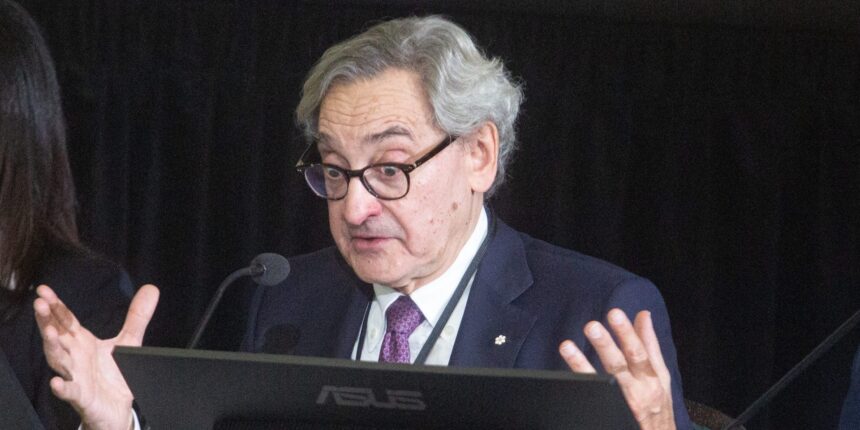In a significant reshaping of Canada’s top bureaucratic landscape, Prime Minister Justin Trudeau has tapped Michael Sabia, the current Deputy Minister of Finance, to become the next Clerk of the Privy Council. The appointment, announced yesterday, positions one of Canada’s most accomplished public servants and business leaders at the helm of the federal public service during a period of profound economic and political challenges.
Sabia, whose career spans both the public and private sectors, brings a reputation as a relentless changemaker with a laser focus on transformation. His appointment signals the government’s intent to prioritize economic management and fiscal discipline as inflation concerns and housing affordability continue to dominate Canada’s political discourse.
“Michael Sabia has demonstrated exceptional leadership capabilities throughout his career,” said Prime Minister Trudeau in a statement. “His extensive experience in both government and business makes him uniquely qualified to lead our public service through complex economic times.”
Before joining the Department of Finance in 2020, Sabia served as CEO of the Caisse de dépôt et placement du Québec for over a decade, where he orchestrated a remarkable turnaround following the 2008 financial crisis. His previous roles also include leadership positions at Bell Canada Enterprises and Canadian National Railway, establishing him as one of the country’s most versatile executives.
Sources within government circles describe Sabia as methodical, pragmatic, and unafraid to challenge established practices. “He’s someone who cuts through bureaucracy with purpose,” said a senior official who requested anonymity. “When he sees inefficiency, he doesn’t just identify it—he dismantles it.”
The appointment comes at a critical juncture for the Canadian economy, which faces persistent inflation, rising interest rates, and growing concerns about housing affordability. As Clerk, Sabia will serve as the principal link between the public service and the Prime Minister, coordinating policy development across government departments while managing a workforce of approximately 300,000 federal employees.
Economic experts from Canada’s business community have largely welcomed the appointment. “Sabia understands both the public and private sectors in ways few others do,” said economist Patricia Croft. “He brings a unique perspective that bridges the sometimes competing interests of fiscal responsibility and progressive policy objectives.”
Not everyone shares this enthusiasm, however. Opposition critics have questioned whether Sabia’s close working relationship with Finance Minister Chrystia Freeland might blur the traditional independence of the public service. Conservative finance critic Jasdeep Singh remarked that “Canadians deserve a public service that provides objective advice, not one aligned with the government’s political agenda.”
Sabia will succeed Janice Charette, who has served as Clerk since 2021. During the transition period, Sabia is expected to conduct a thorough review of government priorities, with particular emphasis on economic management and housing initiatives.
As Canada navigates uncertain economic waters and a fractured global landscape, the question remains: Will Sabia’s appointment represent a fundamental shift in how our government approaches its most pressing challenges, or will the weight of bureaucratic inertia prove too formidable even for one of Canada’s most accomplished change agents?


















